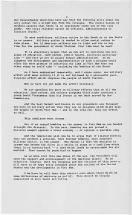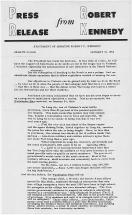U.S. Presidents have varying backgrounds and political persuasions. Only one was unanimously elected. They can have little or lasting influence. These stories are about individuals with the power to make a difference at home and abroad.
A lesson plan to make your school's elections presidential.
A list of facts and events that make the Presidential Inauguration a unique event.
An explanation of what the Executive Branch is and what it does.
Calling for Americans to "bind up the nation's wounds," Lincoln has hopes for a reunited America. Soon after his second inaugural, however, Lincoln di...
When Abraham Lincoln becomes America's 16th President, Southerners viewed the event as a showdown. South Carolina became the first state to leave the ...
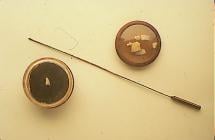
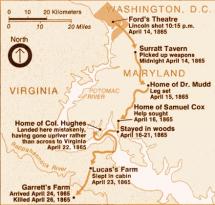
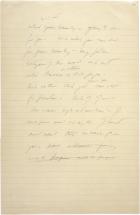

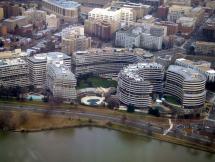
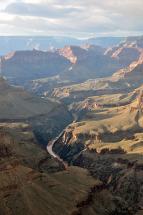
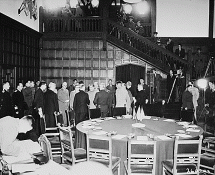
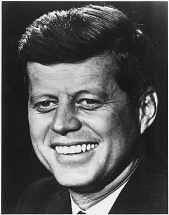


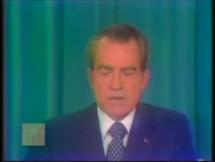
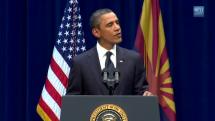
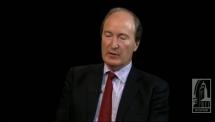
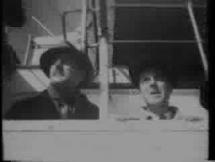
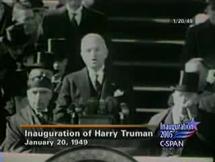
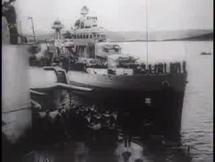
On the 8th of December, 1941 - the day after Pearl Harbor was bombed - Americans received their up-to-date news from the radio.
Churchill tried repeatedly to convince FDR to enter the war.
The attack by Japan was "unprovoked" and "dastardly," to use President Roosevelt's words.
Denny Smith - from WIBC ("Indy's News Center," at 93.
In his first inaugural address, which remains one of the most famous in American history, President Franklin D.






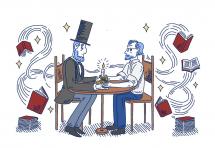

Click here to read along.
It was a fight, over an unpaid-for wig, which set in motion events leading to the Boston Massacre.
After Abe Lincoln was elected President, in 1860, Southerners began to secede from the Union.
What's up with Abe Lincoln's tousled hair? Turns out, he liked the messy look.
America's first president had all sorts of trouble with his teeth. Listen to "George Washington and His False Teeth."






